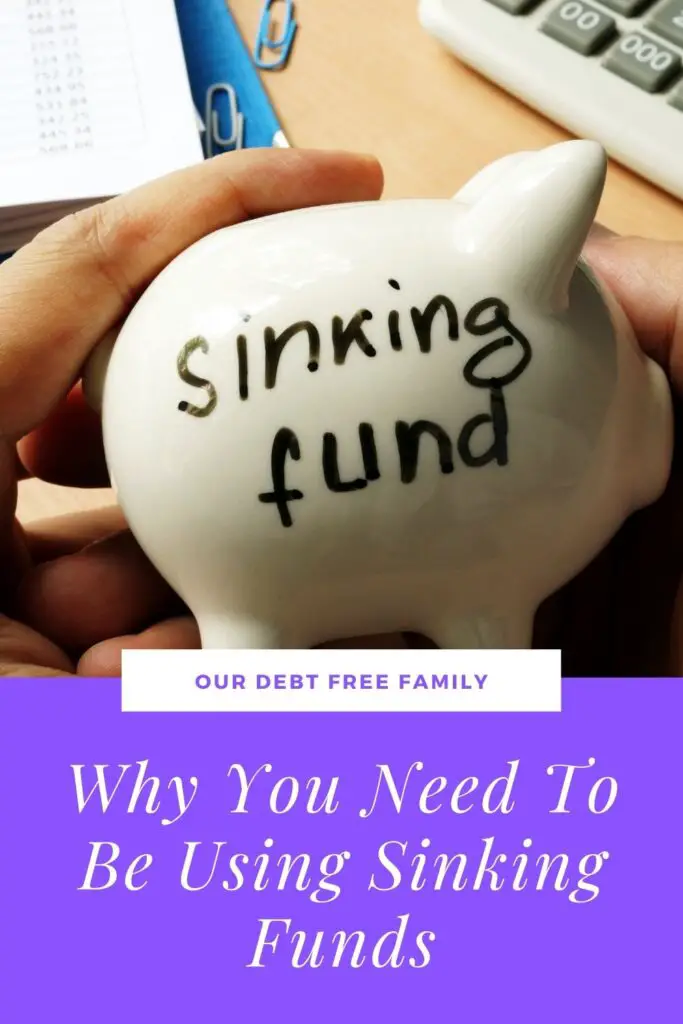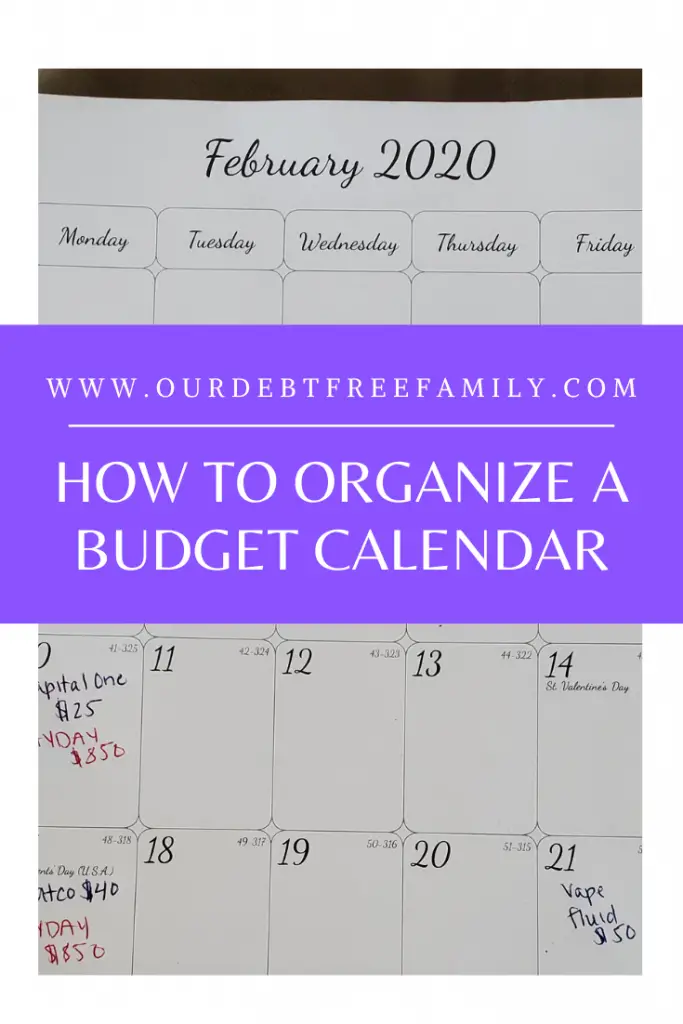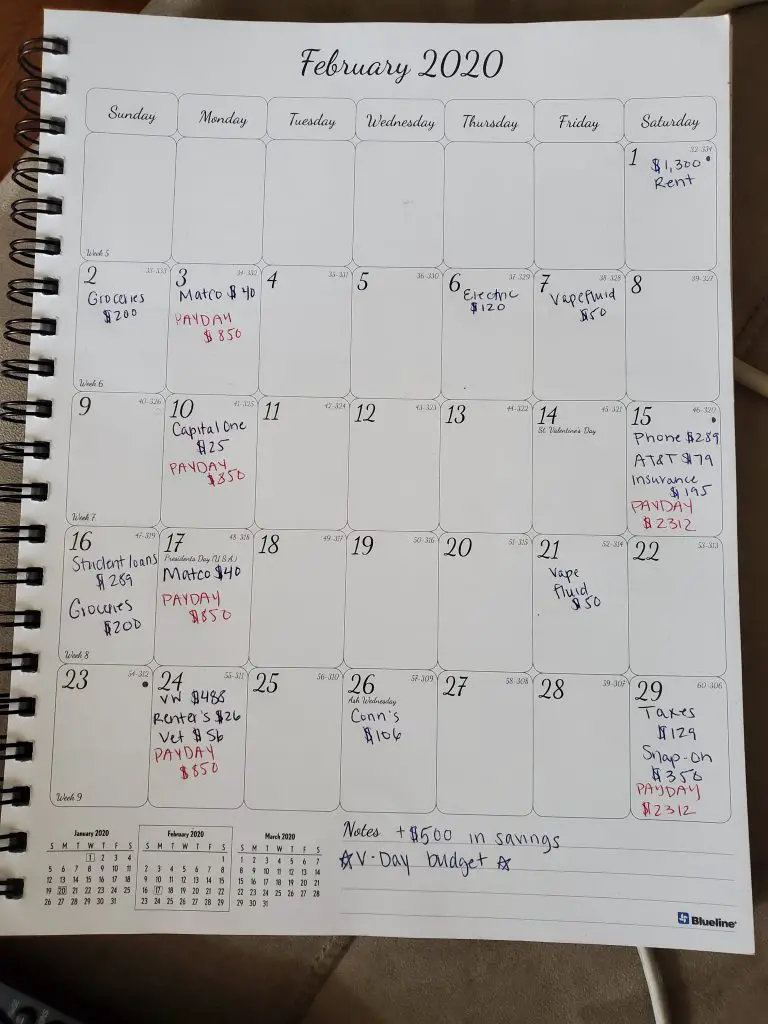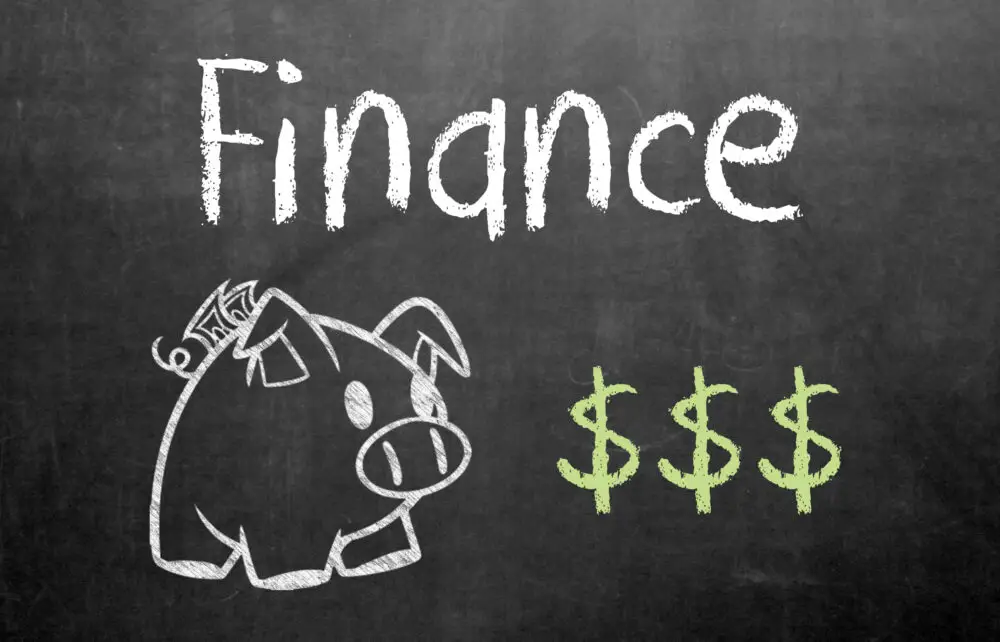
America has reached a new economic milestone – or maybe a millstone – of $1.52 trillion. Which of the following does this number represent?
1. The latest contract for a professional athlete
2. Your current credit card balance
3. America’s collective student loan debt
While the first choice sounds strangely plausible, and some days you may feel like the second choice is correct, $1.52 trillion represents America’s total outstanding student loan debt as of March 2018 – according to the new consumer credit report from the New York Federal Reserve.
[Read more…]






